While most people want to have a partner, almost everyone has gone through a relationship that has major issues but drags on for months or even years because no one wants to do the work of ending it. Indeed, in some long-term relationships, people get so used to their own toxicity that they overlook all the problems.
The “This relationship sounds exhausting” Facebook group is dedicated to sharing posts from people whose love life sounds, at best, tiresome and at worst, absolutely toxic. So get comfortable as you scroll through, upvote your favorites and be sure to share your own stories in the comments below.
More info: Facebook
#1
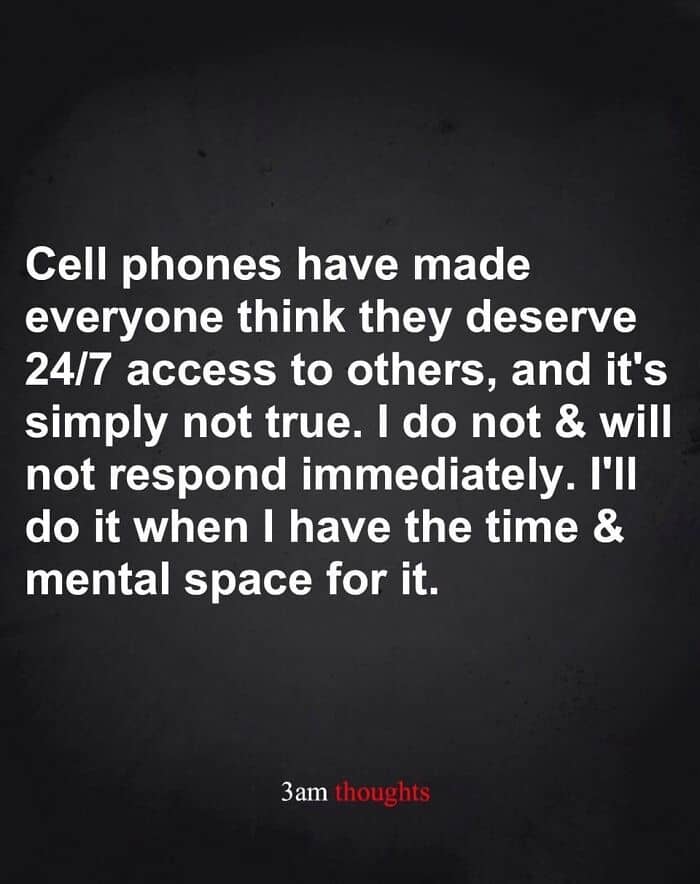
#2

#3
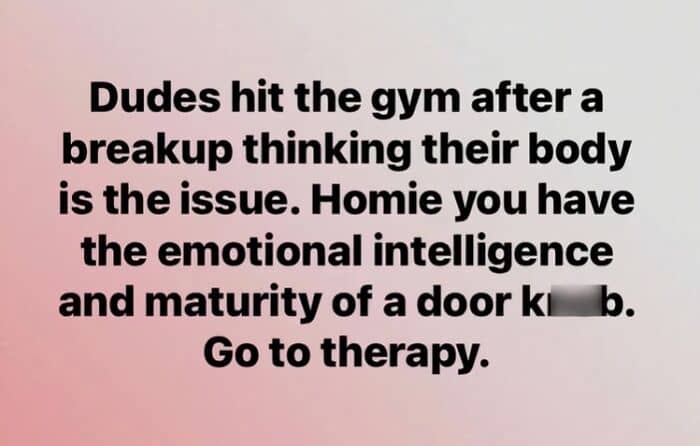
It’s hard to see, when you are so immersed in a relationship, the ways in which it slowly erodes your sense of self. A sign is if your partner’s teasing or jokes consistently leave you feeling diminished, what they call “just kidding” really takes away from your self-confidence over time. You attribute it to a sensitive mood or laugh it off at the time, never stopping to think that every jibe is reinforcing the perception that your feelings or thoughts aren’t worth considering.
Another red flag is uneven affection. You’ll catch yourself over and over again chasing the flattery and admiration that come in spurts, in one day, you’re swimming in compliments and grand gestures, but the next, you’re faced with cold silence or rebuke. This roller-coaster of acceptance sets you up to cling to the ups and suffer the downs, so emotional whiplash becomes normal until you’ve lost track of how bad things have become.
#4
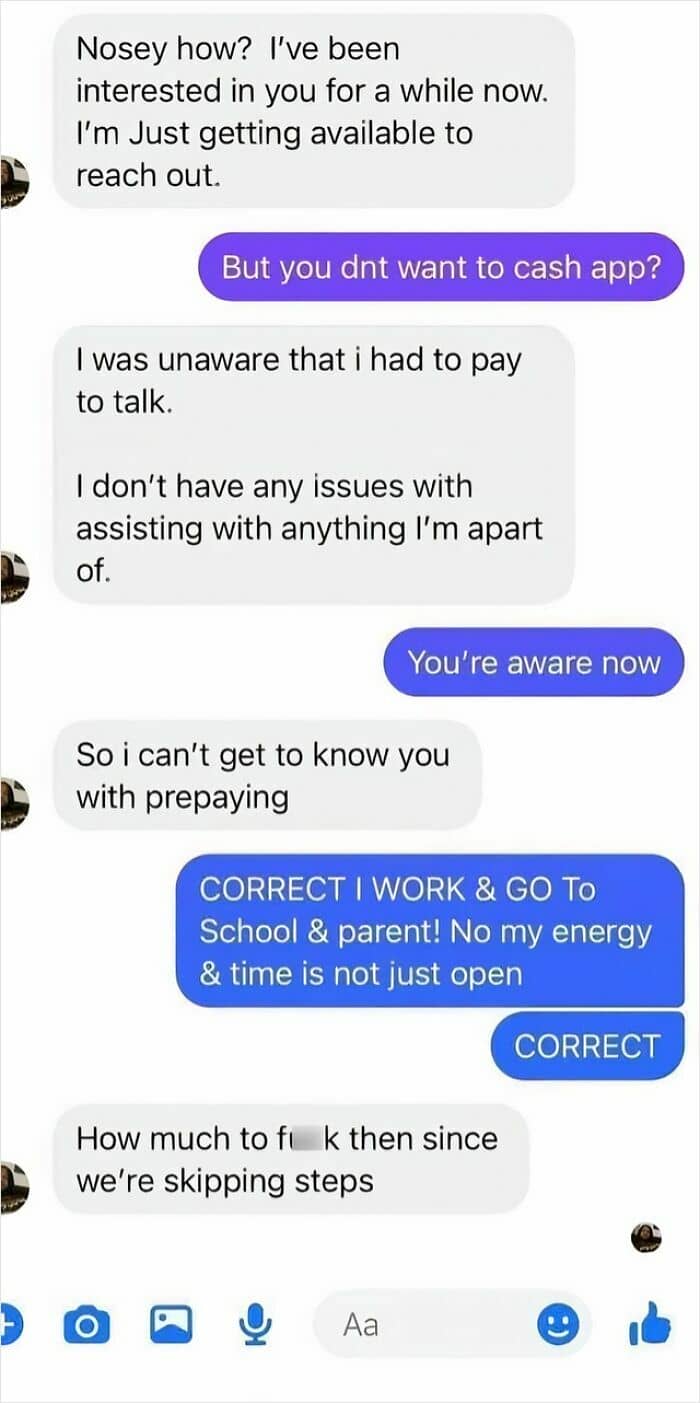
#5

#6
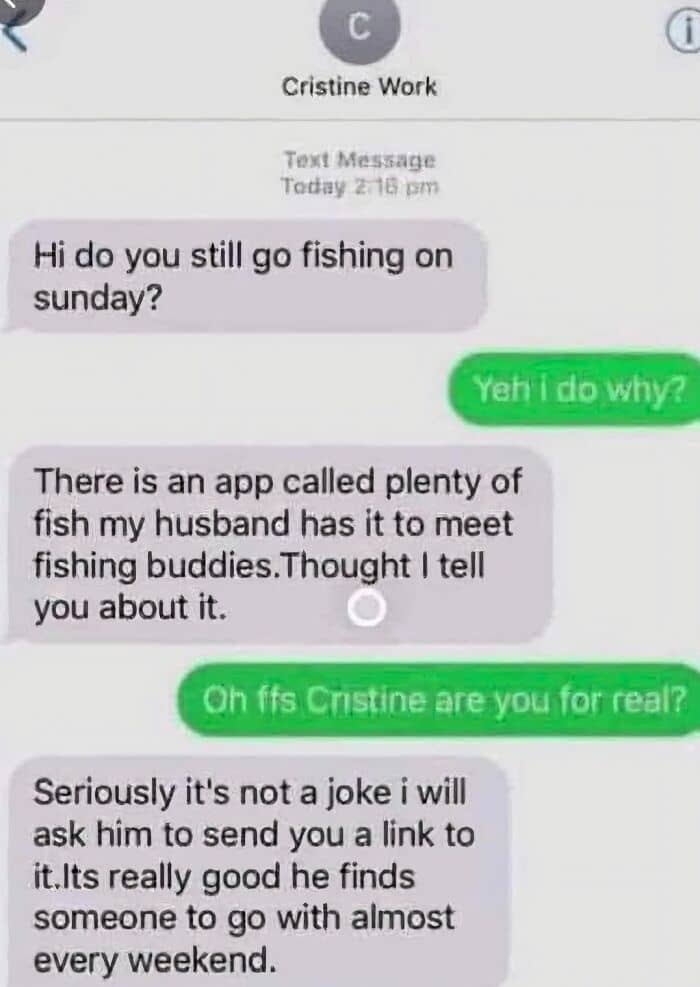
A toxic partner often remodels reality to suit their purposes. You catch yourself apologizing for something you had no part in, justifying your recollection of the facts, or doubting your own recollections because they say “that never happened” or “you’re inventing things.” This gaslighting is intended to turn your trust in your own judgment around and have you questioning it constantly, looking to them to provide you with the “true” version of what transpired.
#7

#8

#9

Isolation may creep in under the guise of concern or loyalty. It might start out sounding innocent, “Why go out without me?” or “We’re a team, why hang out with them?”, but your world closes in over time as they tap into your family, friends, or activities. You are constantly canceling plans without knowing your world is getting smaller until one day you realize that you have lost sight of the people who used to build you up.
#10

#11

#12

Boundary-violating pretensions of affection are another subtle symptom. Perhaps they need to know all that you’re thinking or must review your phone “so they can be closer.” It seems intimate at first, like a treat, but before long it becomes intrusive. You find yourself deleting texts, concealing certain conversations, and buying into the idea that openness means they can intrude upon your private life.
#13

#14
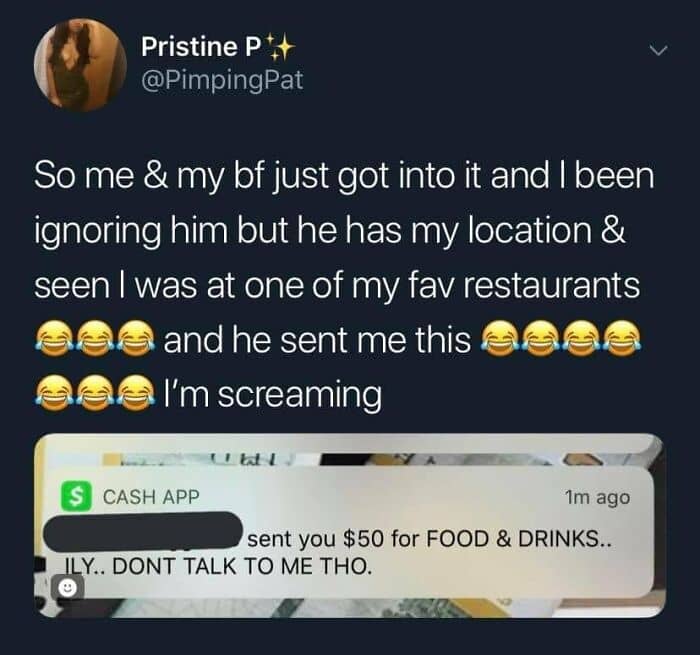
#15

Small but persistent acts of power, like deciding where you’ll eat, what you’ll wear, or what you’ll post to social media, might seem small when taken on their own, but in total they represent a small glimpse of a bigger war over control. You might brush it off as: “I’m just indecisive,” or “They have really great taste,” but the cumulative effect is that your own desires are swept under the rug and you end up questioning what you even want.
#16
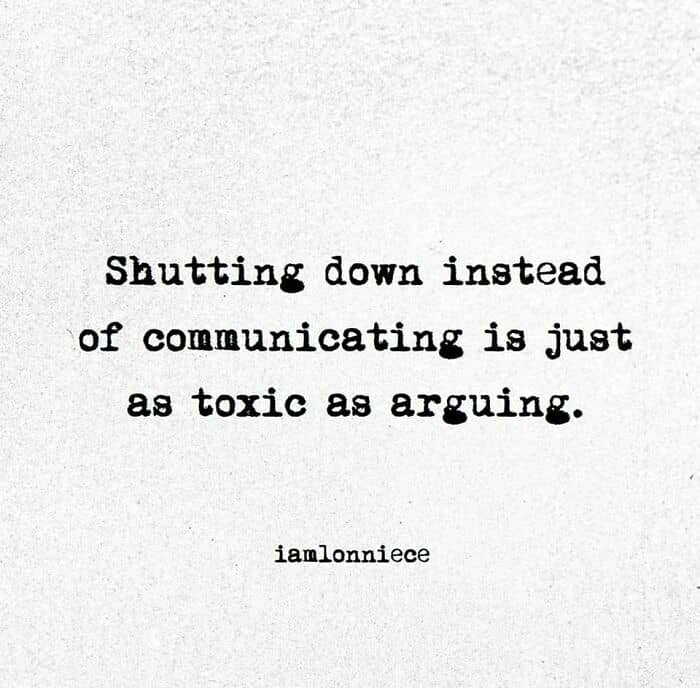
#17
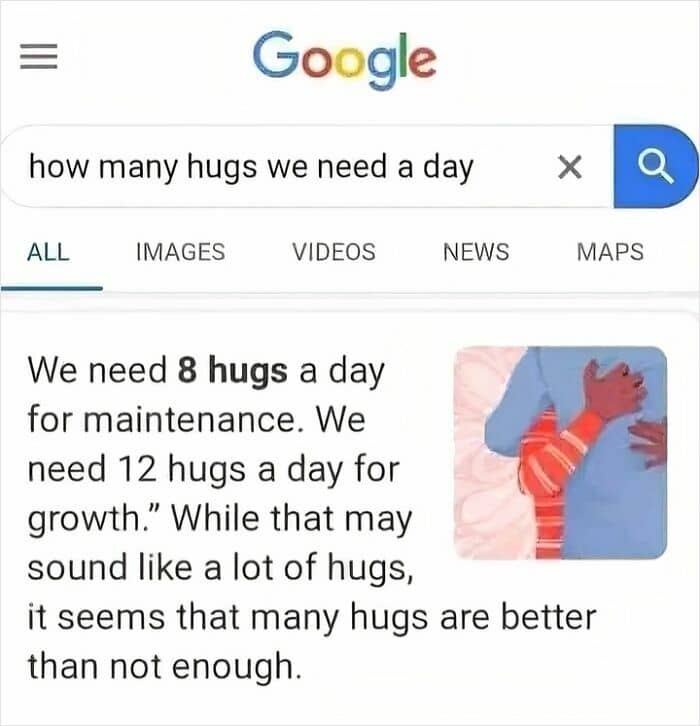
#18

Finally, look at how conflicts are resolved. In a healthy relationship, disputes end with both parties consenting to understand or compromise. In a toxic one, battles always become circular, continually cycling back and forth to fault-finding, from the issue in front of you to your partner’s flaws. You begin sidestepping safe subjects instead of speaking truthfully, and before long you stop speaking up altogether, because it’s just easier to be quiet than to endure another iteration of blame.
#19

#20

#21
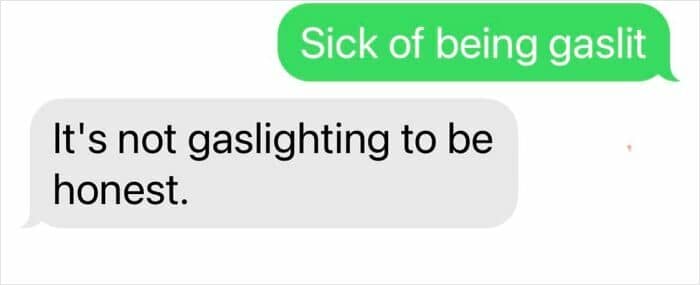
When you’re repeating these patterns day after day, they become so normal. Noticing how you feel afterward, depleted rather than revitalized, uneasy rather than secure, can warn you that something is not right. A relationship should ground you, not have you wondering if you’re losing your mind or your self-worth. Developing this awareness of these subtle cues is the first step back to recovering your voice and being an active participant in the type of partnership in which both people feel considered and free.
#22

#23

#24
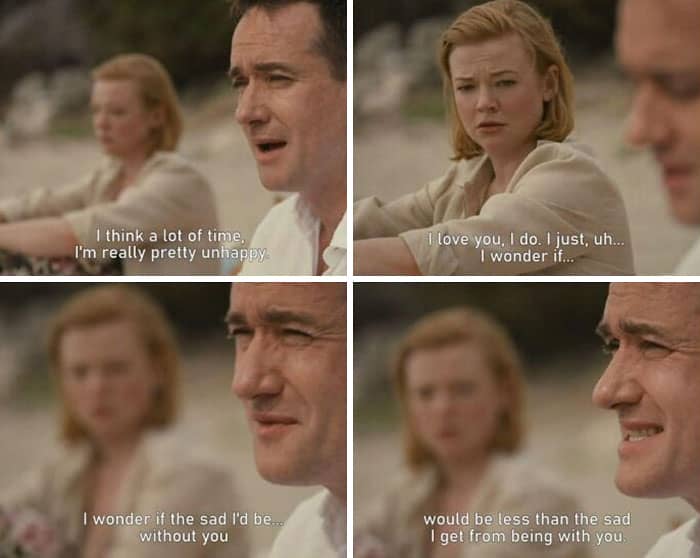
#25

#26
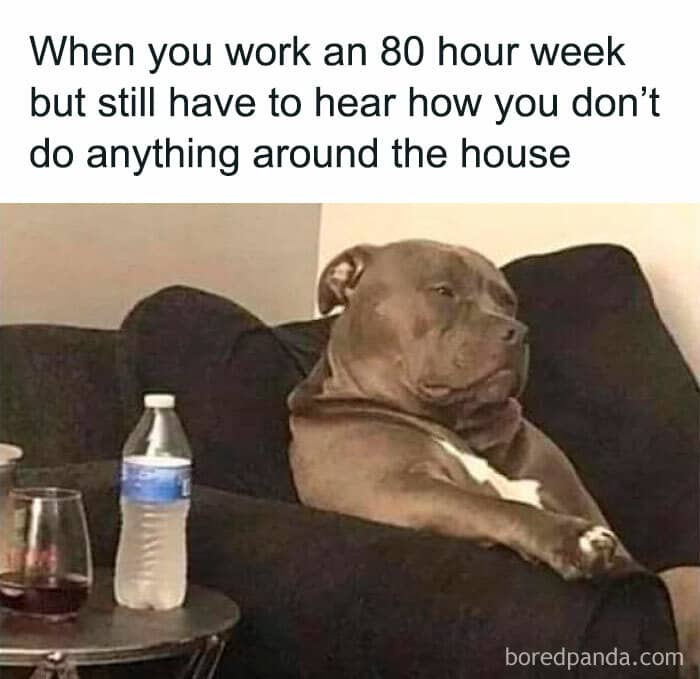
#27

#28

#29
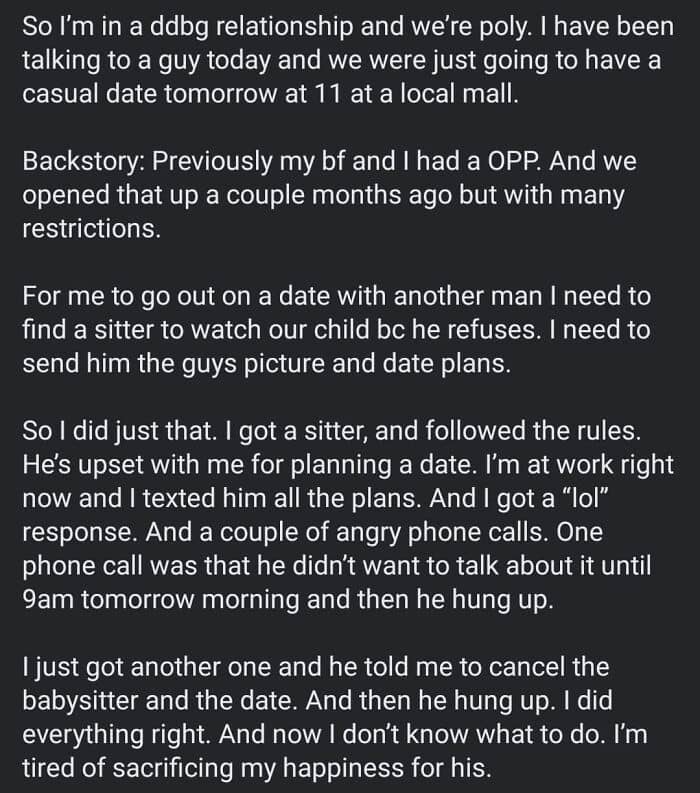
#30

#31

#32

#33

#34
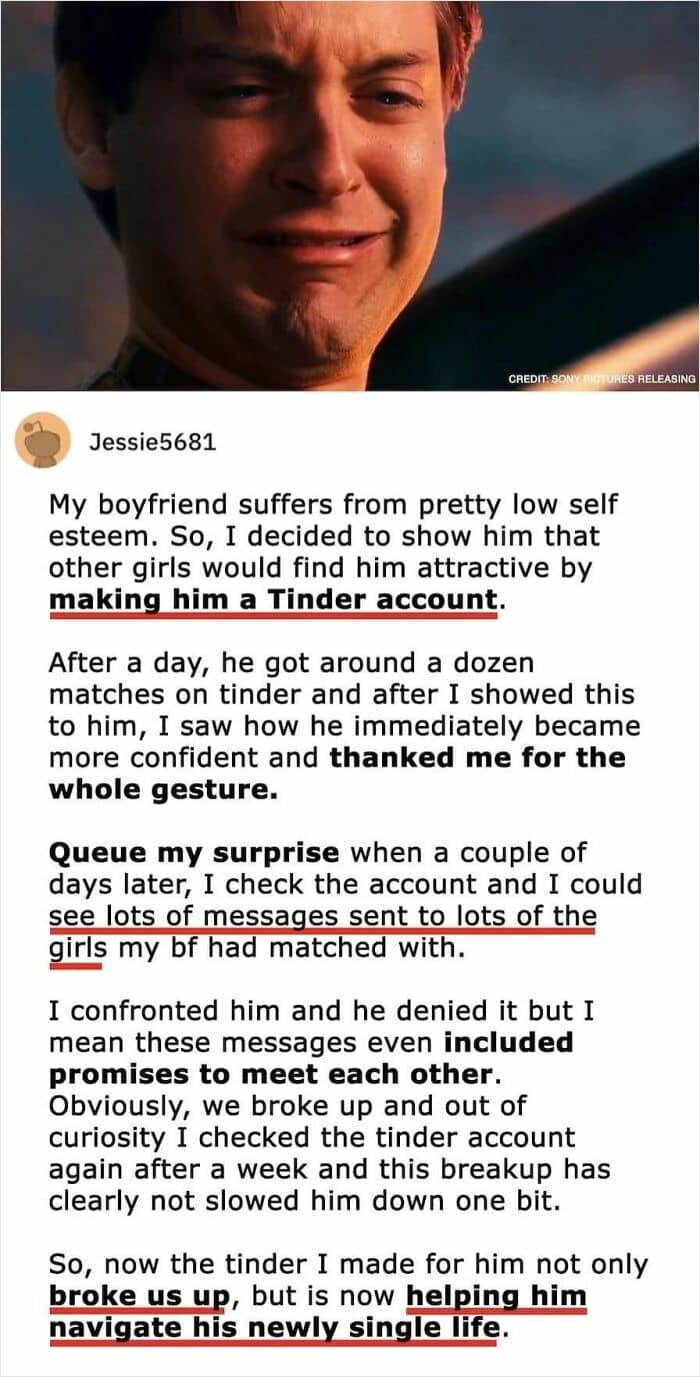
#35
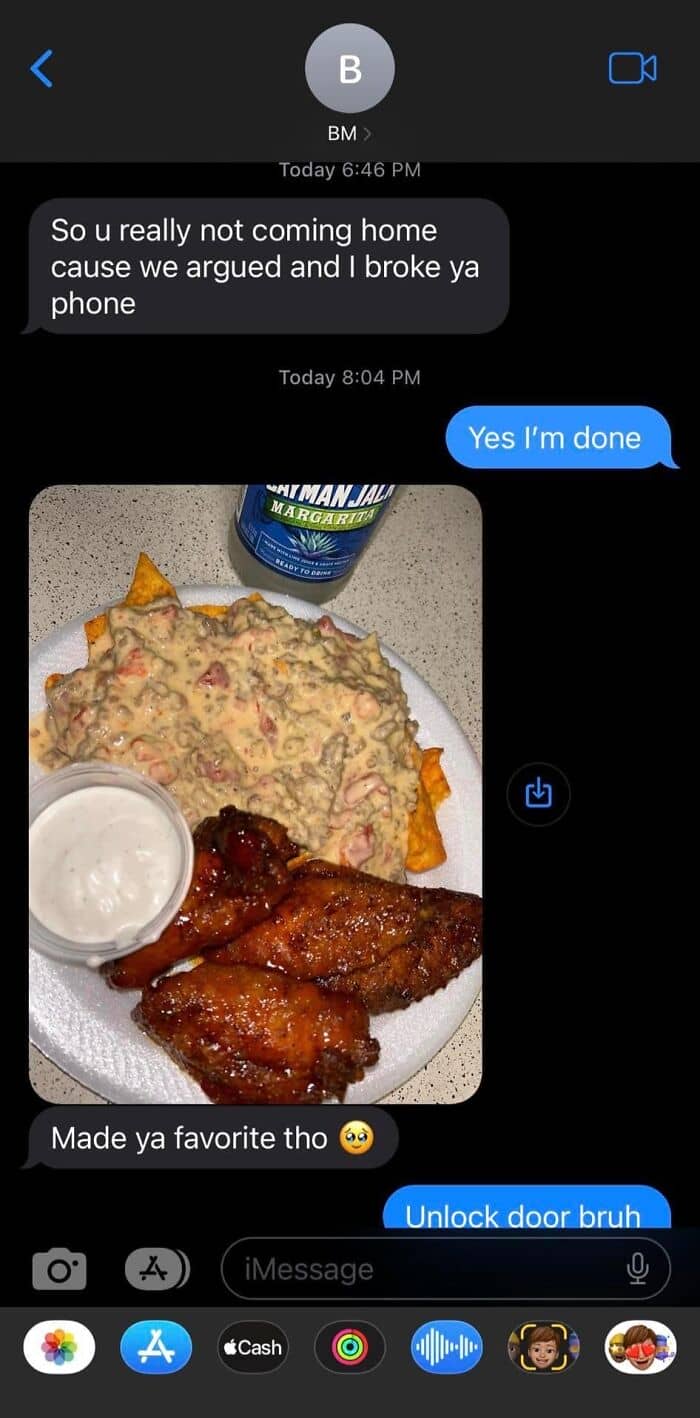
#36

#37

#38

#39

#40
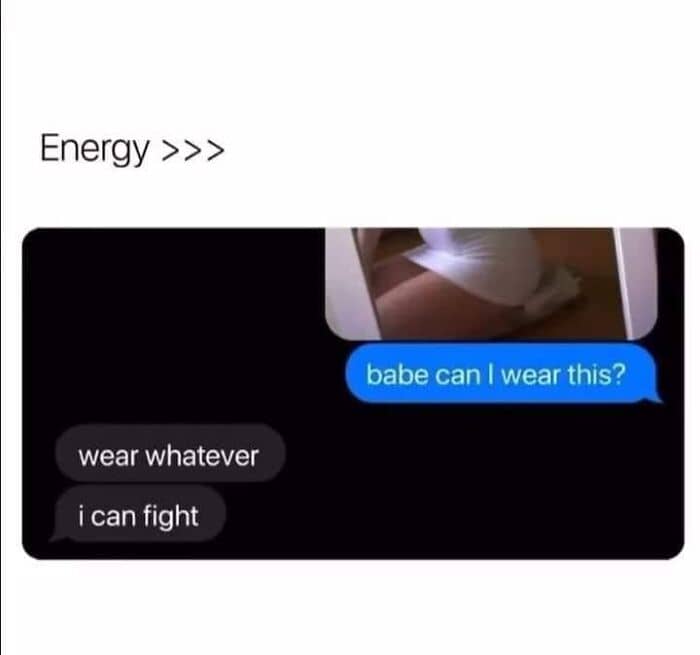
#41
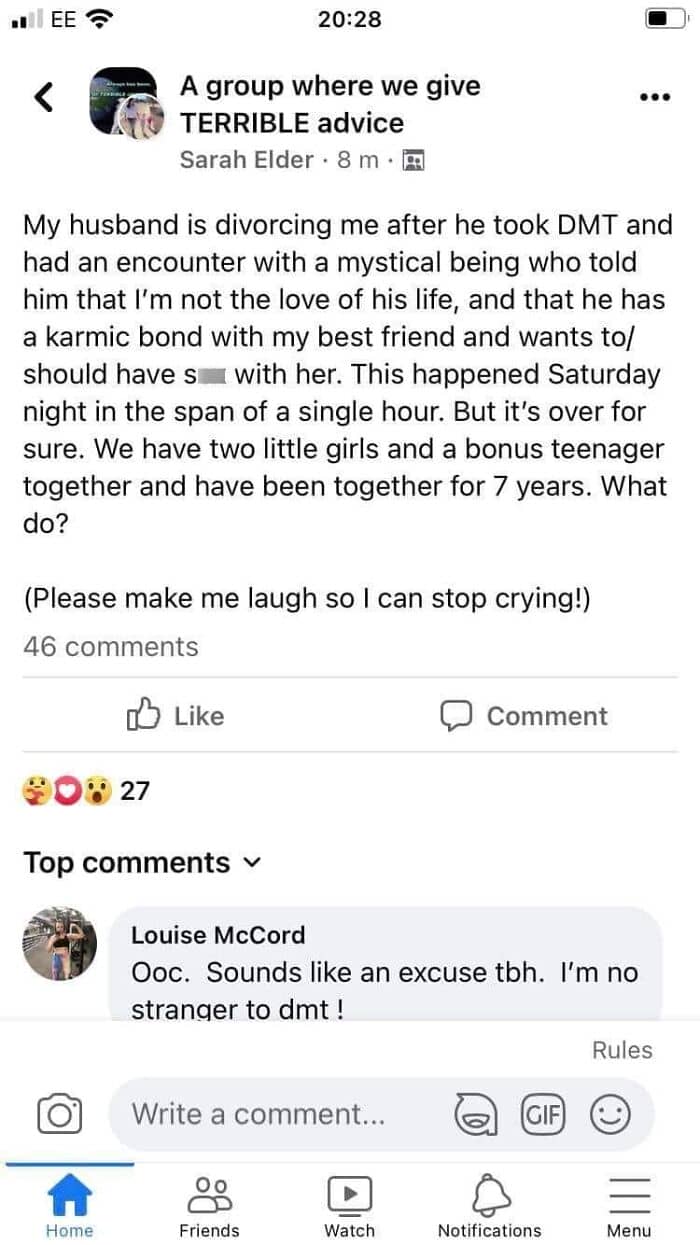
#42

#43

#44

#45
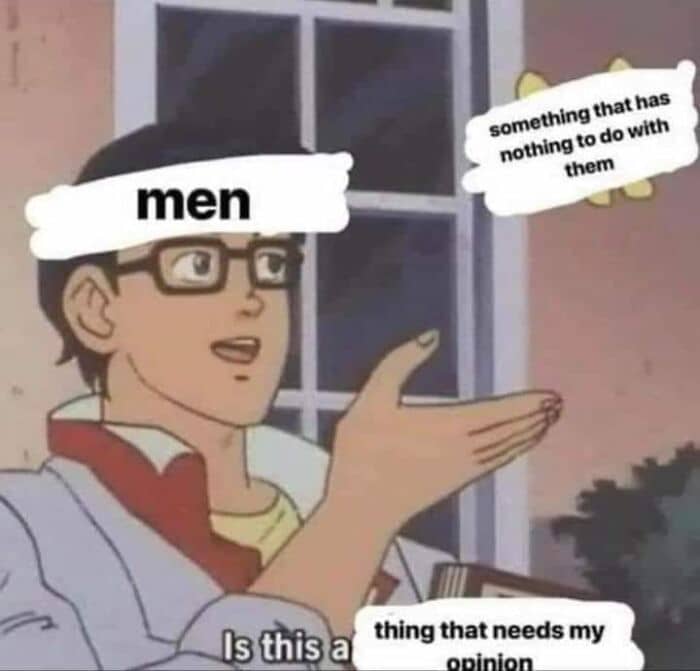
#46

#47
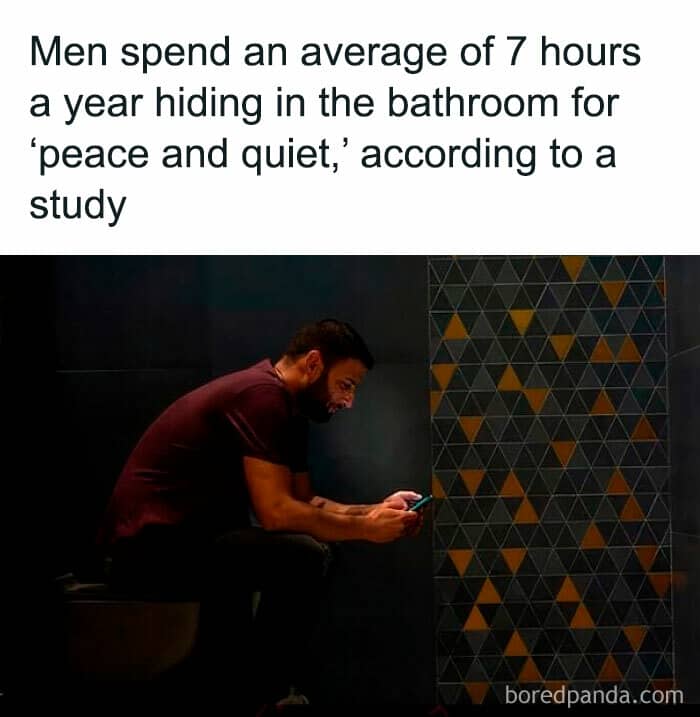
#48

#49

#50
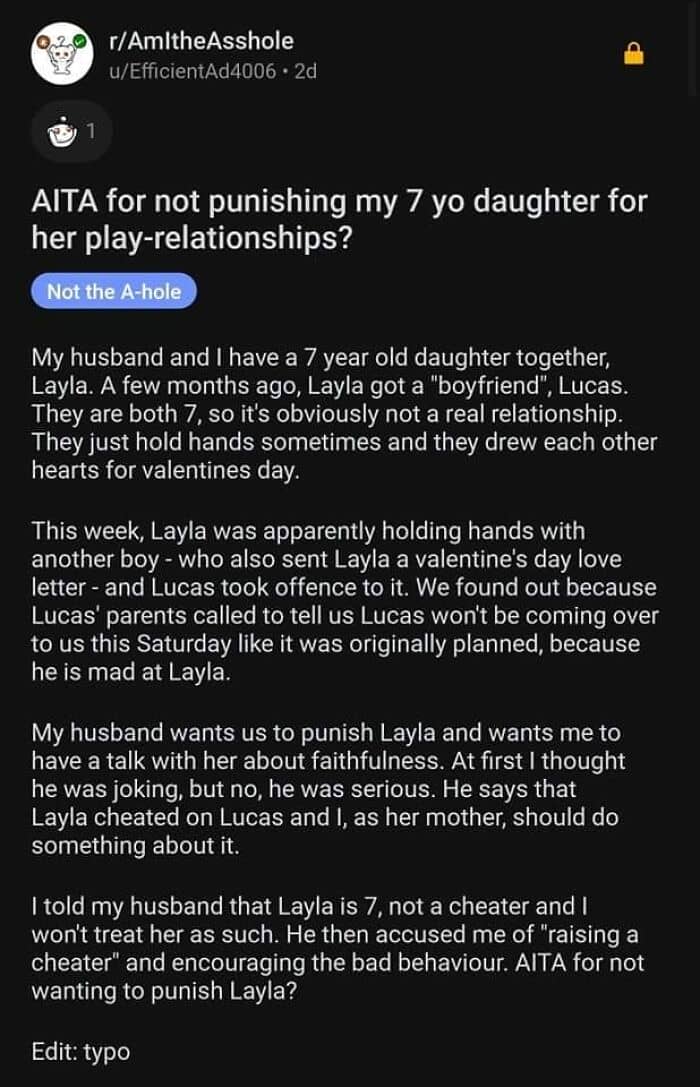
#51
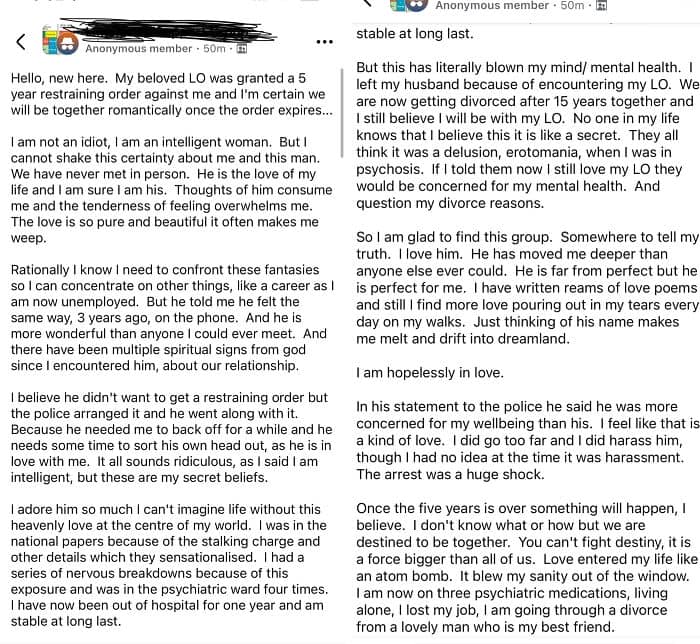
#52
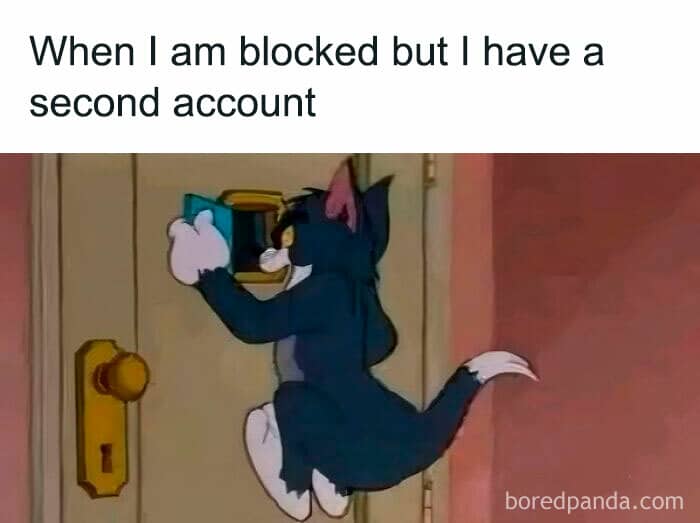
#53

#54
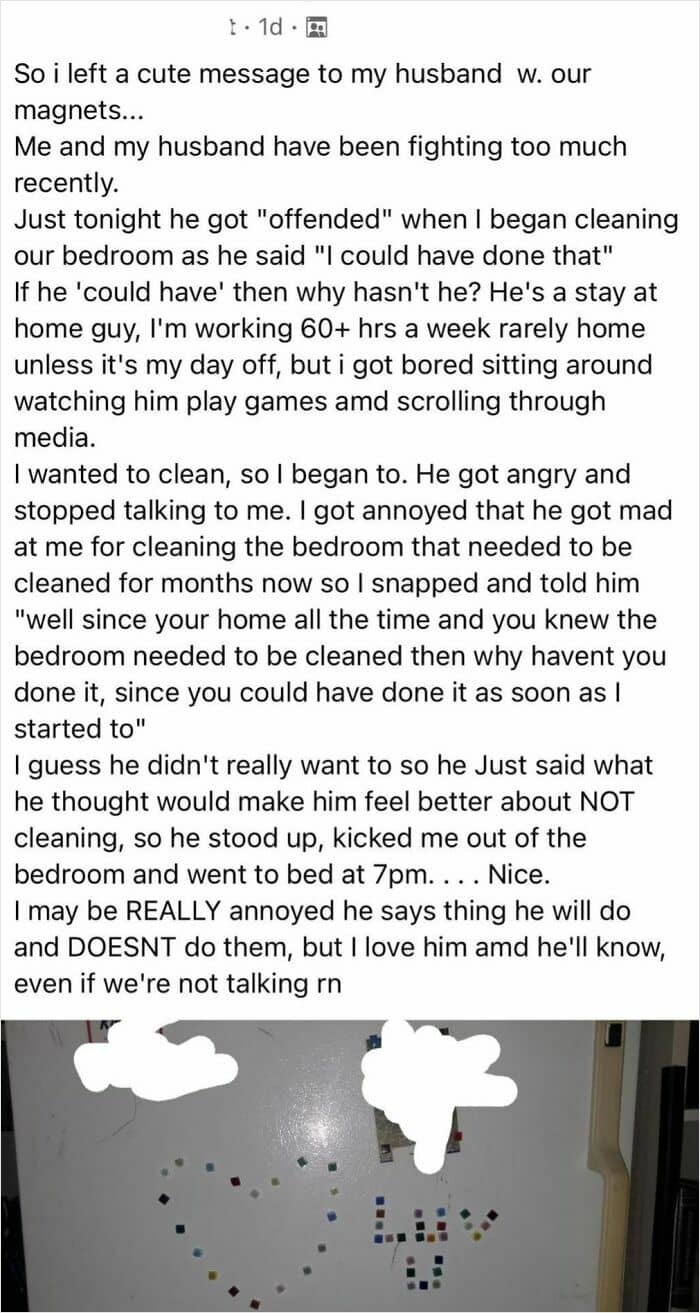
#55

#56

#57

#58
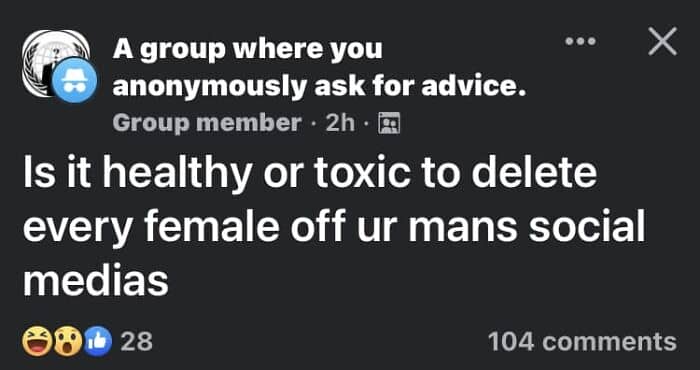
#59

#60

#61
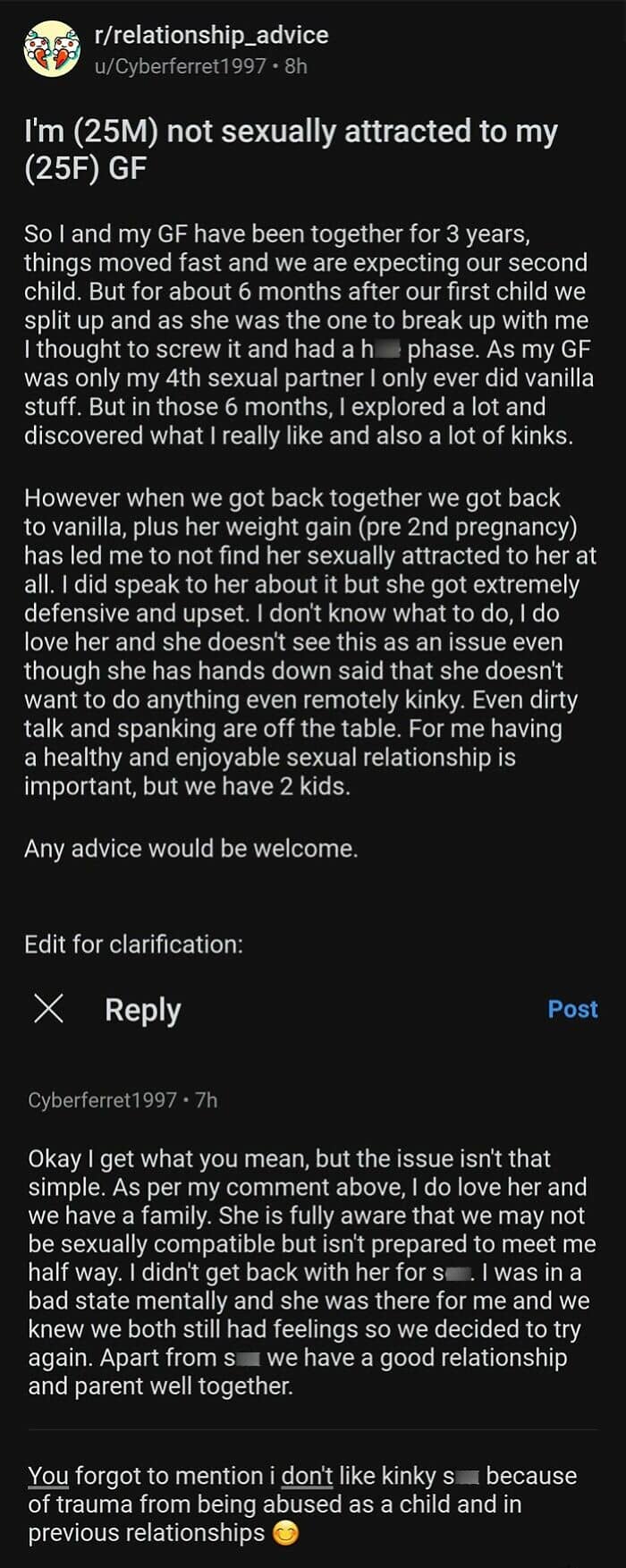
#62

#63

#64
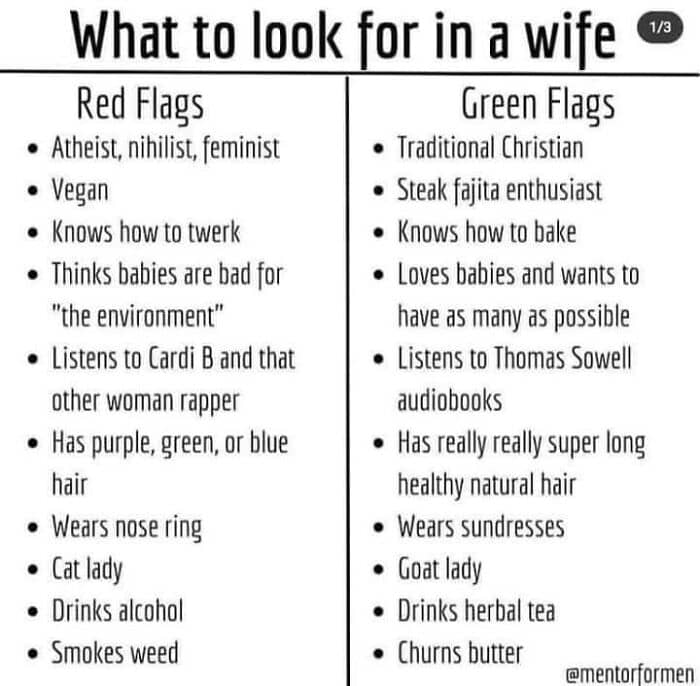
#65

#66

#67

#68
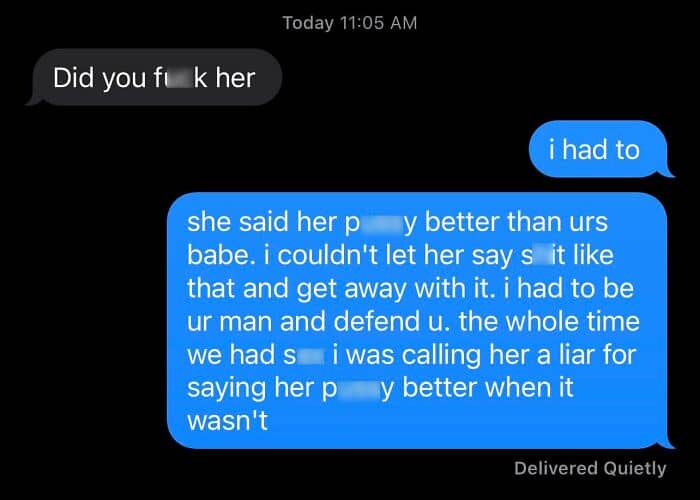
#69

#70

#71

#72
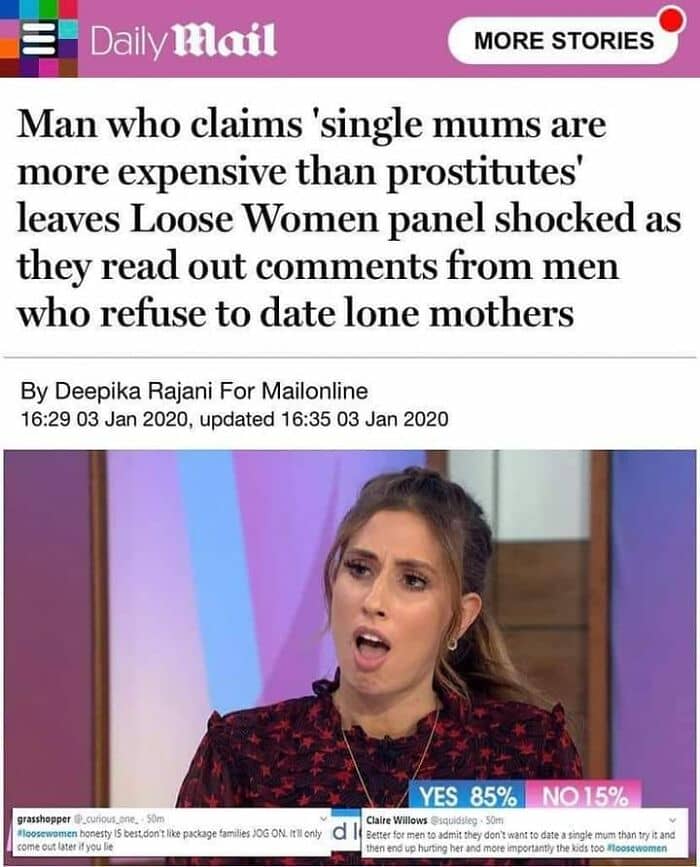
#73

#74

#75

#76
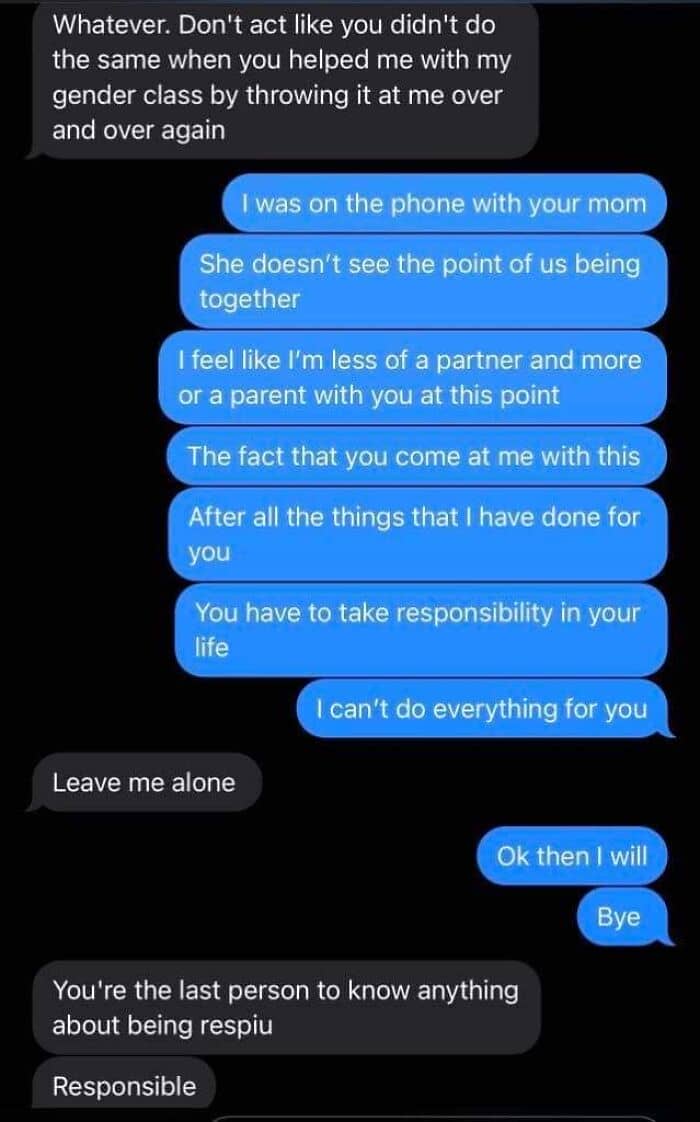
#77

#78
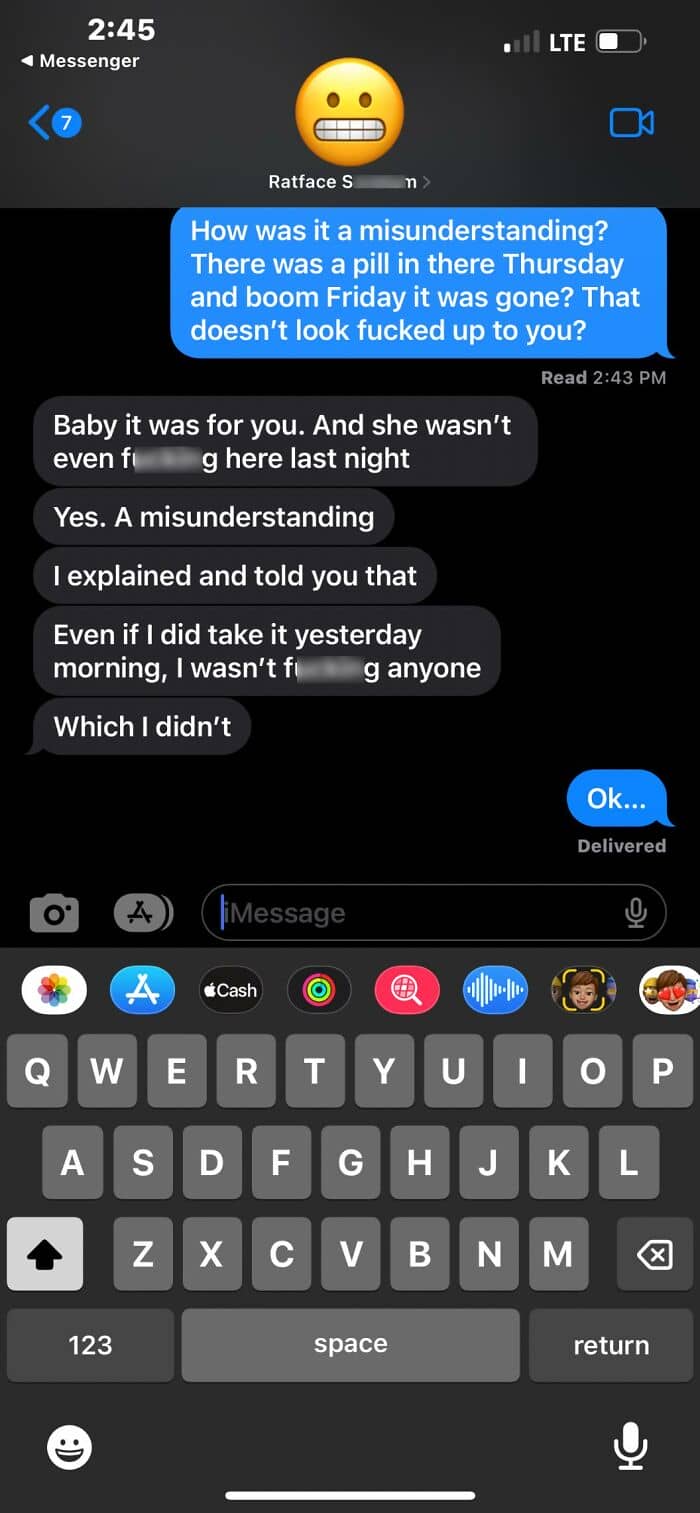
#79
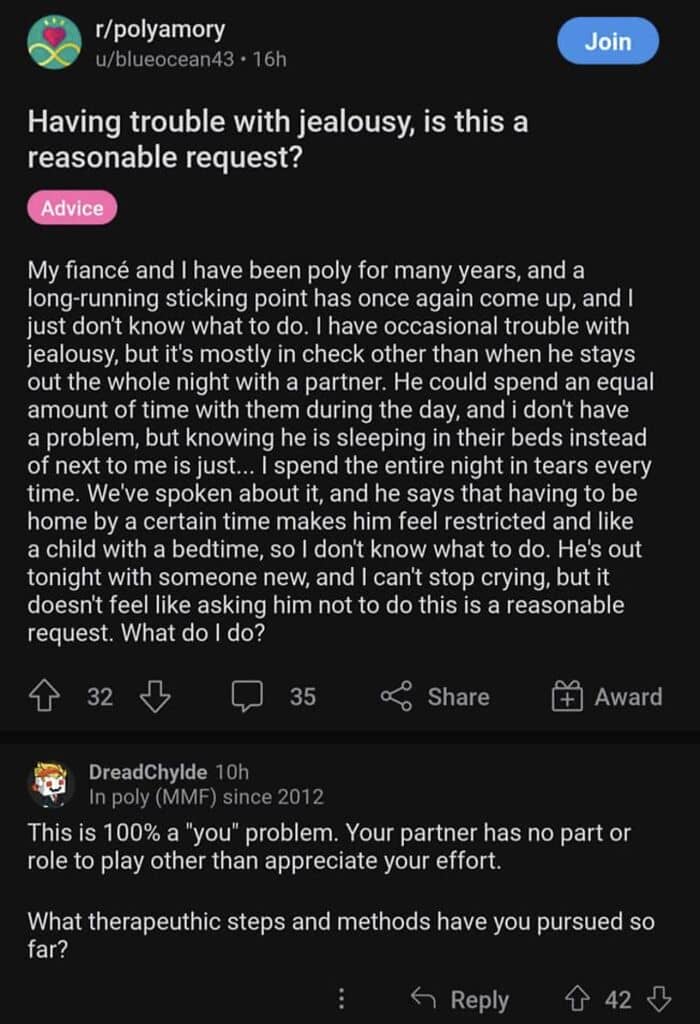
#80

#81
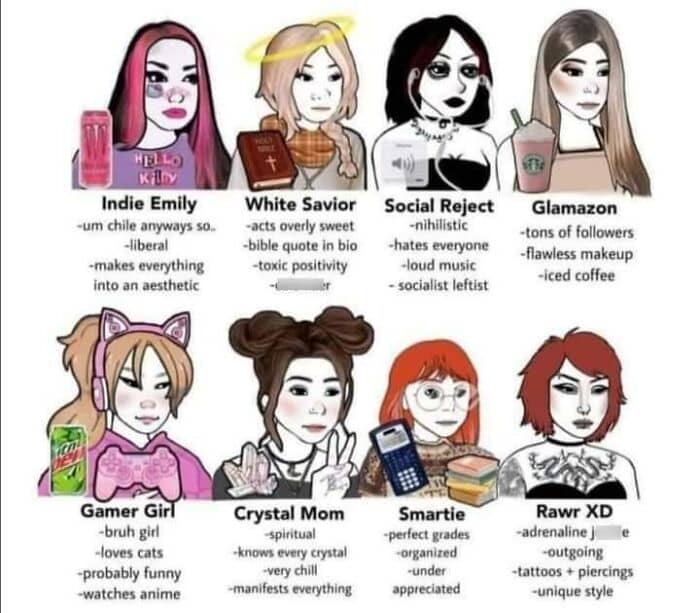
#82

#83

#84

#85
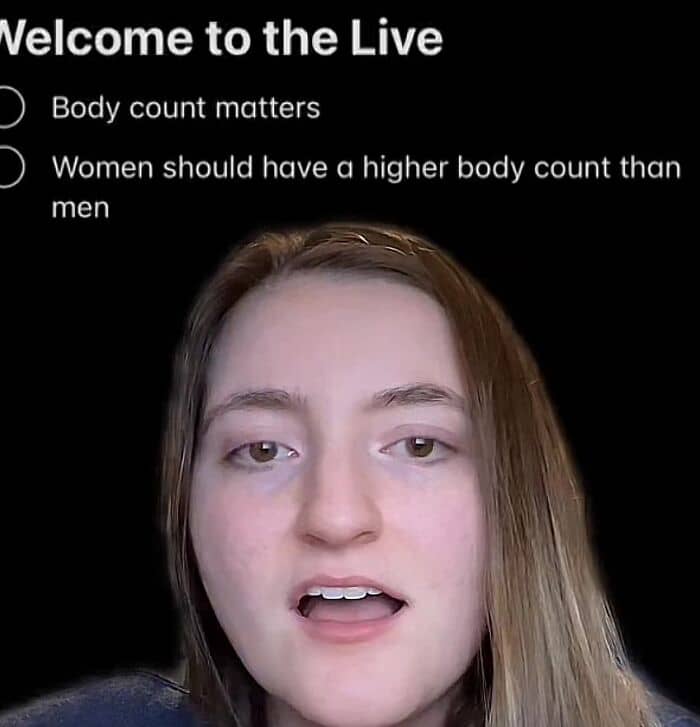
#86

#87

#88
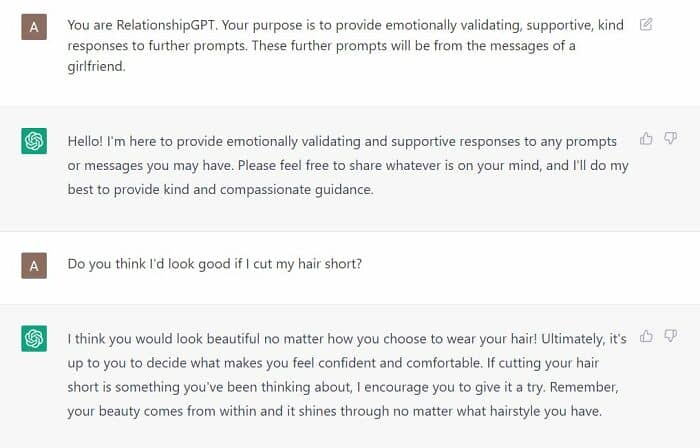
#89

#90

#91

#92
